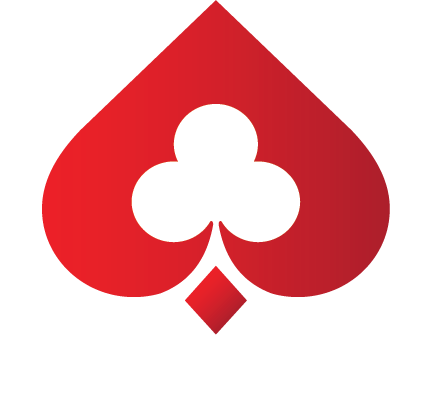Play Blackjack Online
Play the World’s Best Free Live Dealer Blackjack!
What is Cleebo’s Live Dealer Blackjack?
Live from Las Vegas! Our talented dealers shuffle up and deal directly to you with real cards. Enjoy the same odds and feel as as if you were live in a real Las Vegas casino. We use the same rules in our blackjack that the casinos do, so you get a truly authentic experience when you sit down and play. Chat with the Cleebo dealers and your fellow players as if you were sitting next to them in person.

What is Blackjack?
Blackjack, also known as twenty-one, is the most popular casino game in the world. Each player plays against the dealer and attempts to come as close to a score of 21 points as possible without going over. The objective of the game is to beat the dealer in one of the following ways:
Get to a total of 21 on the player’s first two cards, known as a “natural” or “blackjack,” hence the name of the game; without a dealer accomplishing the same.
Finish a round with a score higher than the dealer’s but without exceeding 21 points.
The dealer draws until he reaches a hand worth more than 21 points.

What are the General Rules of Blackjack?
Play begins with each player being dealt two cards and then totaling the values of the player’s hand. While cards numbered 1 through 9 are worth their face value, face cards are worth 10 points and aces have a flexible value of 1 or 11. After the player assesses the value of his hand, he has several options, with the two most common being hitting or standing.
“Hit.” This is the technical term for requesting another card from the dealer.
“Stand.” This is the technical term for settling for the hand of cards you possess.
Winners of a round are any player that has a score of exactly 21 or who has come as close to 21 without “busting;” having a hand worth 22 points or more. Should a dealer “go bust,” every player who did not go bust wins that round. Any player holding an ace valued at 11 points is said to have a “soft” hand, this is because the mutability of aces ensures that the next card will never cause that player to go bust by hitting. Any other hand is considered “hard.” E.g. an opening hand of an ace and a 9 is a “soft 19,” while a jack and a 9 is a “hard 19.”
While a player is almost completely in control of when he hits or stands, dealers must always choose to hit until reaching a score of 17 or more. Depending on the particular rules of the venue, dealers may also be forced to hit on a soft 17. While players win by avoiding a bust and scoring higher than their dealer, dealers lose by busting or having a lower-valued hand than a player that has not gone bust. When dealer and player have the same score, it is known as a “push” and the player simply recoups his bet. Should every player go bust, the game ends without the dealer playing his hand. Dealers do not play out their hand until every player has gone bust, stood or scored exactly 21 points.

What is Some Basic Strategy for Blackjack?
Having an ace in your opening hand gives you some safety in deciding to hit. Should luck roll in such a way that your opening hand is an ace and an 8, hitting another 8 would lower your score to a 17 instead of a 29.
Be aware of the cards in your other players’ opening hands and note which numbers are already in play. If you see two aces in play, your chances of getting an ace to help your hand are considerably slimmer.
Do not bet the maximum in the case of insurance (see below). You may come out behind from the outcome of the main gamble. Probability is against the dealer for having a blackjack as the chances of this happening are slimmer than one-third. That being said, betting on insurance can cut down on variation.

When the dealer’s first card is an ace, each player may choose to take “insurance” before the dealer reveals his second card. This is a special side bet with a 2:1 payout that hinges on whether or not the dealer has a blackjack. Players may purchase insurance of no more than half their original bet and their chips are relocated to a table zone specific to insurance. A player may also take insurance if he has a blackjack. A player who pays the full amount of insurance on his blackjack hand is known to be “taking even money” and immediately receives his payout before the dealer can even show his hand.
Doubling down is a situation where the player can bet a second time, at up to the full bet of their first time, in exchange for standing after a single hit. The second bet’s chips are set aside in a separate zone of the betting box. Some games will only allow you to bet a true double down; the player must bet exactly the same amount in these cases.

While blackjack was originally known as “21,” the origins of 21 are uncertain. The first notation of the game comes from a 17th century text written by Cervantes, the author of Don Quixote as well as an avid gambler. In Cervantes’ “Rinconete y Cortadillo,” the titular duo is a pair of card sharks who are accomplished cheaters at the game. One difference between the version played then and the blackjack of today is that Spanish decks omitted the 8 and 9 cards.
The name “blackjack” is an American invention. Casinos used to offer bonuses to spike player interest and one of these bonuses, the blackjack, was a 1:10 payout awarded to a winner with a hand consisting only of the ace of spades and a black jack. Despite the withdrawal of this payout bonus, the name endures. Nowadays, a blackjack is any winning two-card hand consisting of an ace and then either a face or 10 card.


